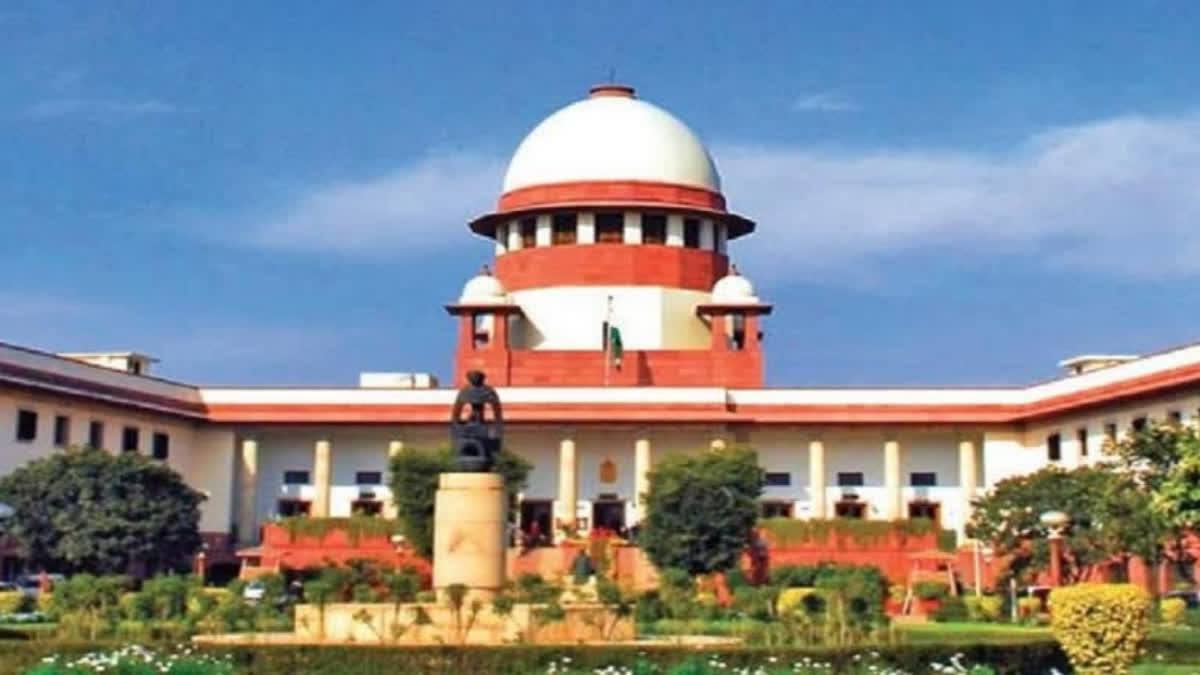New Delhi: The Centre on Tuesday told the Supreme Court that the Central Information Commission (CIC) order cannot be used to seek a writ from the court to bring recognised political parties under the ambit of the Right to Information (RTI) Act. The top court also orally observed that political parties may “have a point” when they fear that accountability under RTI Act may even seek disclosure of their internal decisions, which includes choosing a particular candidate.
Solicitor General Tushar Mehta, representing the Centre, submitted before a bench headed by Chief Justice of India DY Chandrachud that CIC order cannot become the basis for bringing recognised political parties under the ambit of the RTI Act. Mehta said, “The CIC order cannot be used to seek a writ of mandamus…… to bring political parties under the RTI”.
A writ mandamus is a judicial order to the government to fulfil official duties. Advocate Prashant Bhushan, representing NGO Association for Democratic Reforms, submitted that in 2013, the CIC had passed an order that political parties, which receive benefits like tax exemptions and land from the government, be brought under the RTI for ensuring transparency in the political system.
Also read- Vacancies Of Information Commissioners: SC Seeks Status Reports From Centre, States
Advocate PV Dinesh, representing the Communist Party of India (Marxist), contended that for his client, if financial transparency is required, they do not have an issue with it, but there cannot be requests on why this candidate has been selected or what is the internal decision-making process. Bhushan replied that no such details are being sought.
The Chief Justice orally remarked, “They have a point. They say, don’t ask us to disclose how we chose our candidates… I don’t think you can do that……”. Mehta contended that basically, they want to know how parties function. At this juncture, senior advocate Gopal Sankaranarayanan, representing a petitioner, submitted that in the past the top court had passed multiple orders, directing political parties to publish/advertise the criminal antecedents of their candidates and this has not been done.
Bhushan submitted that the government grants considerable benefits to the political parties, which include bungalows, and they play a role in governance by controlling legislators’ opinions through whips. After hearing submissions, the bench, also comprising justices JB Pardiwala and Manoj Misra, adjourned the matter for hearing on August 1, after noting that the Attorney General was unavailable.
Earlier, the Centre had told the apex court that political parties cannot disclose their internal functioning and financial information under RTI Act, as it will hamper their smooth functioning and become a weak spot for rivals with malicious intentions to take advantage. The top court was hearing a clutch of petitions seeking a declaration that national and regional political parties were “public authorities” under the RTI Act and several parties, including BJP and Congress, have been made respondents in the matter.


